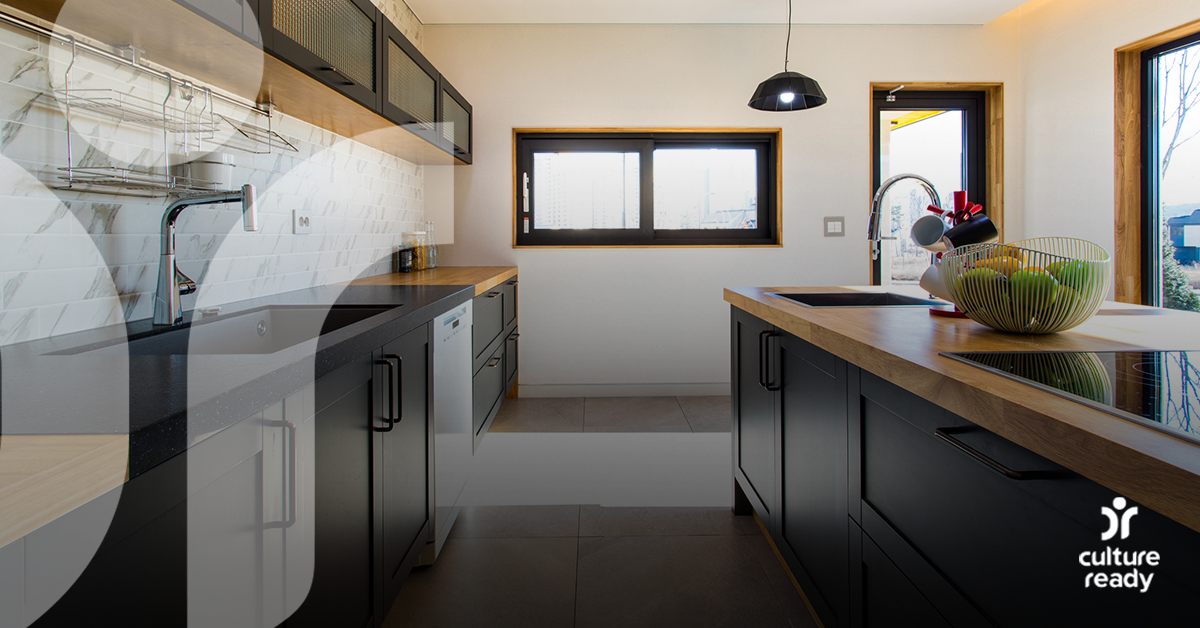South Korea’s Pungsu Jiri
Developed in the 9th century by a Buddhist monk named Master Doseon, Pungsu jiri is the ancient Korean practice of arranging buildings at auspicious locations. Similar to the Daoist concept of feng shui, this tradition of geomancy focuses on topography and translates to “the study of the earthly patterns of wind and water.”
Korean cultural beliefs honor the relationship between natural phenomena – like the changing seasons or geography of a person’s location – and health and happiness. For those that practice pungsu jiri, the core principle is the importance of building your home at an auspicious location or “myeongdang.” Living your life in a myeongdang and then being laid to rest at an equally auspicious site brings peace to you and your descendants.
At a young age, Master Doseon left home to study Buddhist and Daoist teachings on astronomy, astrology, mathematics, cosmology, and feng shui in China. When Doseon returned to Korea, he traveled around the peninsula to observe the geography and the unique energy it possessed. According to legend, after his travels, a mountain spirit or “Sanshin” visited him to share the secrets of pungsu jiri.
Compared to feng shui, pungsu jiri places more of a focus on harmony with nature and the spiritual energy of mountains than the location of belongings inside the home. An integral concept of pungsu jiri is "baekdu-daegan," the idea that there is an "earth energy spine" on the Korean Peninsula that provides energy for all things.
Many temples in Korea are built on a “hyeol,” which is an auspicious site located on the slope of a mountain, where it is believed the energies of heaven and earth meet. Those who follow pungsu jiri believe these locations promote the health of those who visit.
Even though pungsu jiri is centuries old, people in Korea still practice the tradition today. Modern examples of the tradition include finding auspicious burial sites for family members and determining how natural energy will affect the locations of residential and commercial zones in city planning.
Learn More:
Korea's Version of Feng Shui
